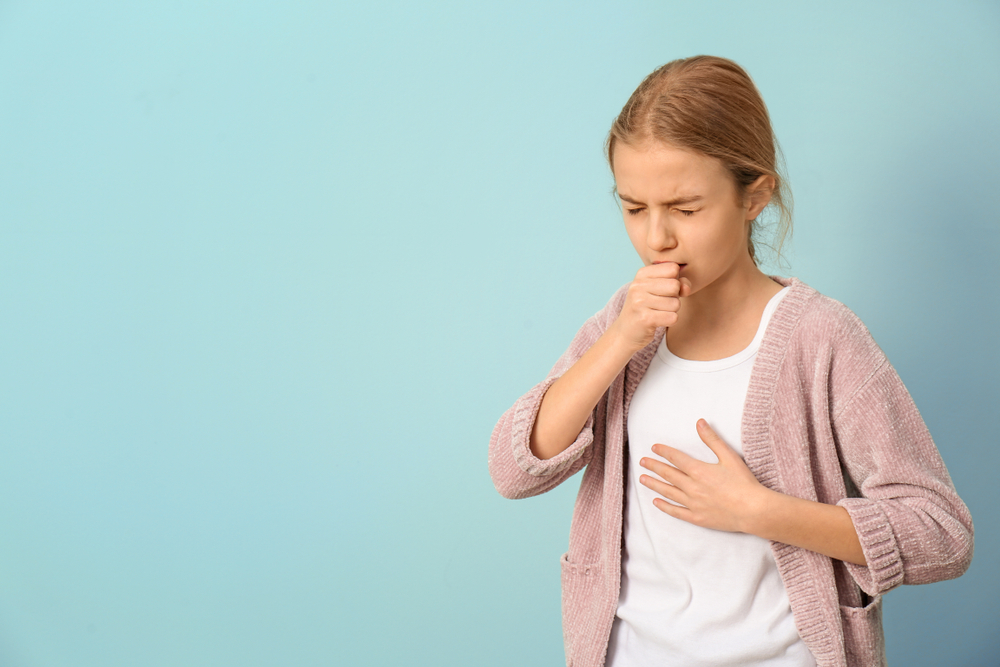On World Pneumonia Day, health experts in Chattanooga are sounding the alarm about a worrying rise in cases of walking pneumonia among children in the local community.
“It’s circulating in our community, and it is also circulating nationwide. I have many colleagues around the country who I have spoken to the high volume of mycoplasma illness they are seeing,” said Dr. Jeffery Bennett, a pediatrician at Children’s Hospital at Erlanger.
Walking pneumonia, or atypical pneumonia, is a milder form that can still send kids to the emergency room. Unlike typical bacterial pneumonia, walking pneumonia is often caused by an infection with the mycoplasma bacteria.
“Treatment of this pneumonia requires a different kind of an antibiotic, so providers who are seeing children with pneumonia and adults, for that matter, may need to consider using a different antibiotic than they otherwise might for the usual bacterial cause of them,” explained Dr. Bennett.
The symptoms of walking pneumonia can vary quite a bit in severity. “Some of these children are coming into the emergency department needing extra oxygen, and some of them have complained of stomach symptoms as well as just feeling weak and run down. So, the situation can vary in terms of the severity of illness,” said Dr. Bennett.
So, what can parents do to protect their children?
First and foremost, be vigilant about the signs of walking pneumonia, which can include:
- Persistent cough
- Fever
- Fatigue
- Shortness of breath
- Chest pain
- Nausea or vomiting
If your child is experiencing these symptoms, don’t hesitate to contact their healthcare provider. “Azithromycin, or you might know it as azithromax or Z-pack, is the common way we refer to that antibiotic. It can be taken by very young children through adulthood, so they can be prescribed antibiotics by their provider once this diagnosis has been made,” said Dr. Bennett.
In addition to seeking prompt medical treatment, there are steps parents can take at home to support their child’s recovery:
- Encourage plenty of rest
- Offer plenty of fluids to stay hydrated
- Use over-the-counter medications like acetaminophen or ibuprofen to manage fever and pain
- Use a humidifier to soothe coughs and loosen mucus
- Monitor breathing and seek emergency care if breathing becomes labored
The good news is that most children with walking pneumonia will recover within a week or two with the proper antibiotic treatment and supportive care. However, parents must work closely with their child’s healthcare provider to prescribe the appropriate treatment.
As we head into the colder months when respiratory illnesses spike, staying vigilant and seeking medical attention at the first signs of disease can help protect Chattanooga’s children from the worst effects of this concerning surge in walking pneumonia cases.
If you need a pediatrician, please visit our website HERE.







